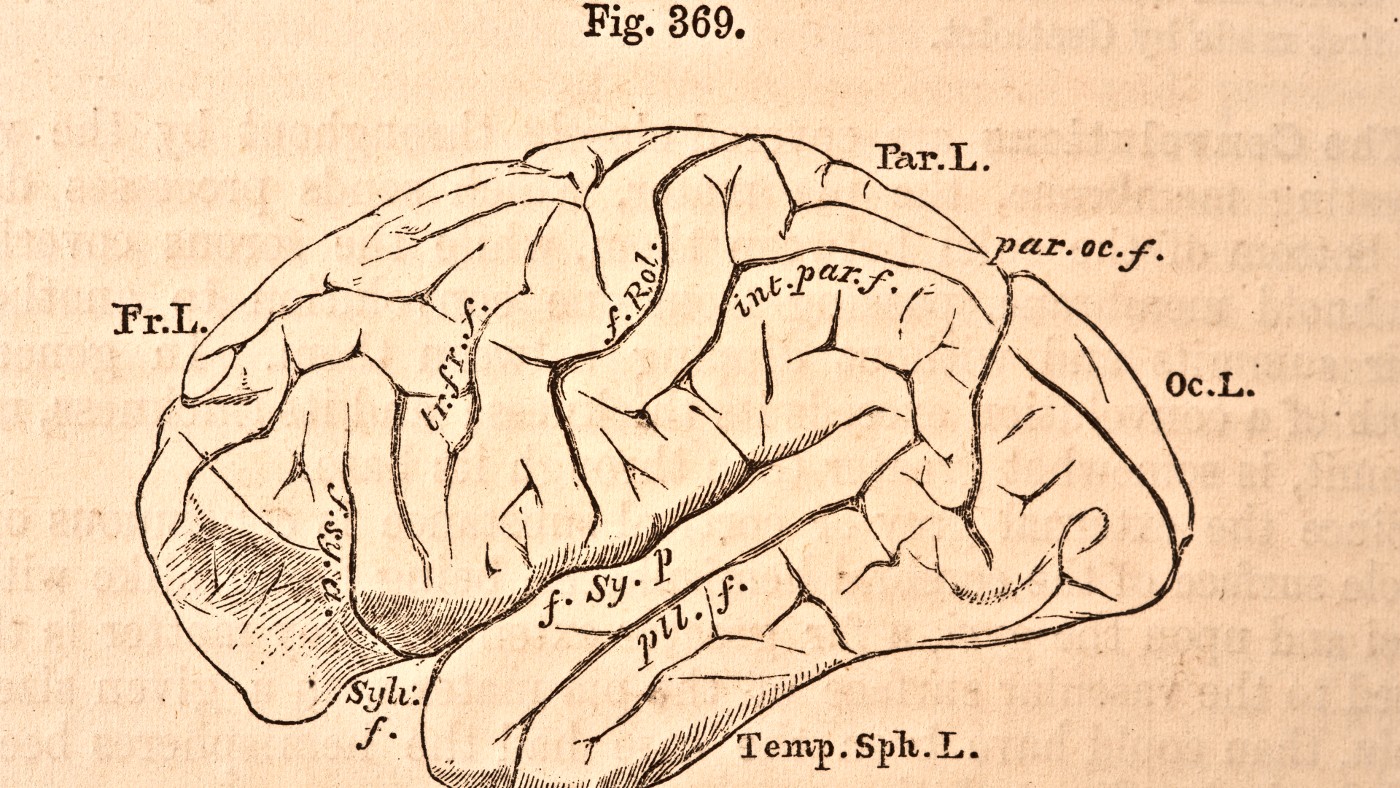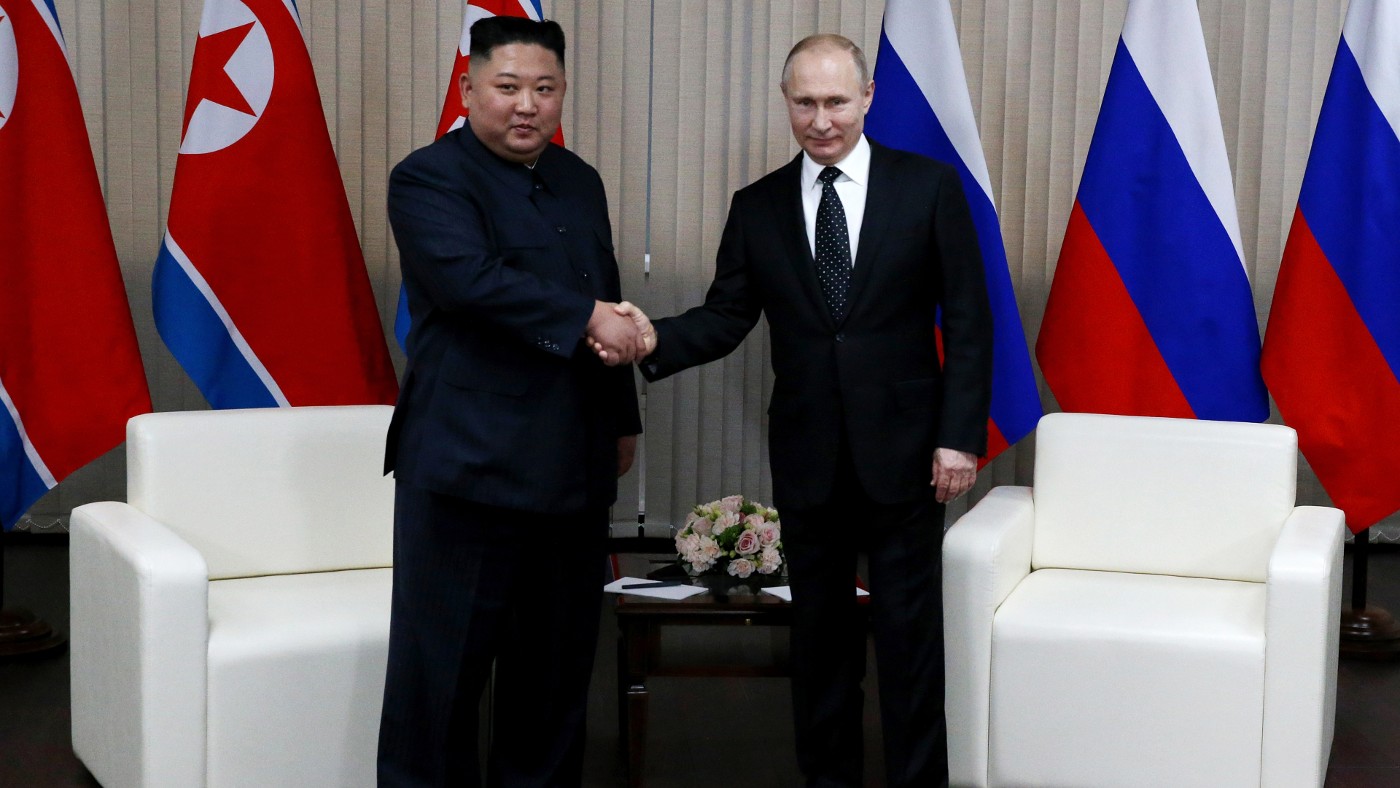Nobody seems surprised Wagner's Prigozhin died under suspicious circumstances

A free daily email with the biggest news stories of the day – and the best features from TheWeek.com
You are now subscribed
Your newsletter sign-up was successful
The evident death of Yevgeny Prigozhin in a fiery plane crash Wednesday, exactly two months after his Wagner mercenary army captured a Russian military garrison and marched on Moscow, did not come as a surprise to Russia experts or even casual observers of Russian President Vladimir Putin.
"You may recall, when I was asked about this by you, I said 'I'd be careful what I rode in,'" President Biden said Wednesday, referring to comments he made about Prigozhin after Wagner's brief mutiny. "I don't know for a fact what happened but I'm not surprised."
U.S. intelligence agencies are working to confirm how — or whether — Prigozhin died, but they don't think it's a coincidence he was presumptively, publicly assassinated in a plane crash on the same day Gen. Sergei Surovikin, a Wagner ally, was publicly removed as head of Russia's air force, CNN reported.
The Week
Escape your echo chamber. Get the facts behind the news, plus analysis from multiple perspectives.

Sign up for The Week's Free Newsletters
From our morning news briefing to a weekly Good News Newsletter, get the best of The Week delivered directly to your inbox.
From our morning news briefing to a weekly Good News Newsletter, get the best of The Week delivered directly to your inbox.

Putin's critics have a deadly habit of falling out of windows or ingesting poison. There's "no doubt" Putin is behind the crash, Kremlin critic Bill Browder told CNN. "Putin is a man who never forgives and never forgets," and Prigozhin "made him look weak."
"No matter what caused the plane crash, everyone will see it as an act of vengeance and retribution" by the Kremlin, and "the Kremlin wouldn't really stand in the way of that," Russia expert Tatiana Stanovaya noted on Telegram. A living, "happy, full-of-strength and full-of-ideas Prigozhin was, definitely, a walking source of threats for the authorities, the embodiment of Putin's political humiliation."
The "demonstrative elimination of Prigozhin" shows that Putin "does not forgive anyone for his own bestial terror," Ukrainian presidential adviser Mykhailo Podolyak agreed. Andriy Yermak, head of Ukraine's presidential office, simply posted a link to the song "Highway to Hell," The New York Times reported.
A free daily email with the biggest news stories of the day – and the best features from TheWeek.com
Peter has worked as a news and culture writer and editor at The Week since the site's launch in 2008. He covers politics, world affairs, religion and cultural currents. His journalism career began as a copy editor at a financial newswire and has included editorial positions at The New York Times Magazine, Facts on File, and Oregon State University.
-
 6 of the world’s most accessible destinations
6 of the world’s most accessible destinationsThe Week Recommends Experience all of Berlin, Singapore and Sydney
-
 How the FCC’s ‘equal time’ rule works
How the FCC’s ‘equal time’ rule worksIn the Spotlight The law is at the heart of the Colbert-CBS conflict
-
 What is the endgame in the DHS shutdown?
What is the endgame in the DHS shutdown?Today’s Big Question Democrats want to rein in ICE’s immigration crackdown
-
 Celine Dion 'civil war' in New Zealand
Celine Dion 'civil war' in New ZealandTall Tales And other stories from the stranger side of life
-
 Woman lives with needle in brain for 80 years
Woman lives with needle in brain for 80 yearsTall Tales And other stories from the stranger side of life
-
 Would North Korean weapons tilt the war Russia’s way?
Would North Korean weapons tilt the war Russia’s way?Today's Big Question Putin wants to boost ‘depleted stocks’ but Pyongyang’s arms may be in poor condition
-
 Western mountain climbers allegedly left Pakistani porter to die on K2
Western mountain climbers allegedly left Pakistani porter to die on K2Speed Read
-
 'Circular saw blades' divide controversial Rio Grande buoys installed by Texas governor
'Circular saw blades' divide controversial Rio Grande buoys installed by Texas governorSpeed Read
-
 Los Angeles city workers stage 1-day walkout over labor conditions
Los Angeles city workers stage 1-day walkout over labor conditionsSpeed Read
-
 Mega Millions jackpot climbs to an estimated $1.55 billion
Mega Millions jackpot climbs to an estimated $1.55 billionSpeed Read
-
 Bangladesh dealing with worst dengue fever outbreak on record
Bangladesh dealing with worst dengue fever outbreak on recordSpeed Read
